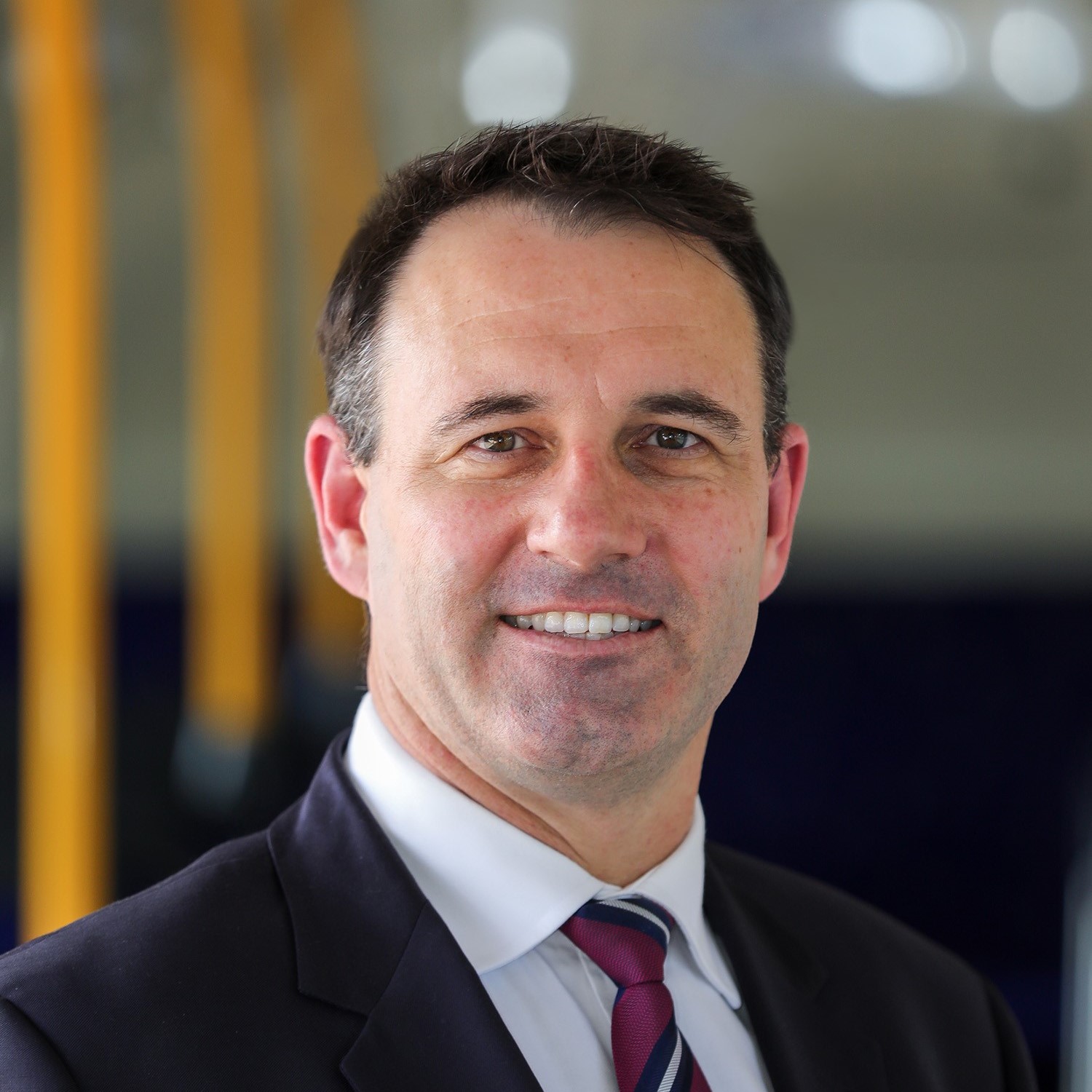Australia’a largest bus operator has joined with a band of strategic partners to establish the H2OzBus project which aims to deploy hydrogen powered buses into Australia’s public transport network.

Transit Systems, which until recently operated a fleet of ten hydrogen buses in London, has signed an MoU with fuel cell manufacturer Ballard Power Systems, industrial gas company BOC, infrastructure manufacturer Palisade Investment Partners and hydrogen solutions supplier ITM Power to roll out the buses in Australia.
The H2OzBus consortium says it is working towards agreement on feasibility, scope and funding with a view to deploying the 100 buses as a seed for more widespread roll-out.
Greg Balkin, general manager of new technology and innovation, believes the company can have the first buses on the road in 12 months time.
“It depends on the government’s involvement and engagement with it, the infrastructure needs to be in place as well as the bus,” he told Government News.
“Depending on what the approvals are for councils and other regulatory requirements we’re looking at between 12 and 18 months. But from an operator’s perspective we can have the buses on the road within 12 months.”
The announcement comes after the Federal Government’s National Hydrogen Strategy, released last year, identified hydrogen as a promising prospect for the transport sector.
Phase one of the H2OzBus project will focus on infrastructure requirements and drafting detailed plans for use of hydrogen fuel cell electric buses on bus routes in up to 10 central hub locations across Australia.
Clint Feuerherdt, CEO of SeaLink Travel Group of which Transit Systems is a subsidiary, says the buses will be will be integrated into Transit Systems’ daily urban operations.
“We operate public transport contracts across the country and we would like to integrate these buses into those existing networks,” he told Government News.
“We see a future moving towards zero emission public transport. We’ve been running hydrogen buses in London since 2013 and put an enormous amount of work into getting those vehicles right.
“Our mission in Australia is to do this on a much larger scale, and also to create a pure zero emission delivery of public transport.”
Hydrogen vehicles use the chemical hydrogen, which when combined with oxygen creates electrons that can power electric motors. Unlike a purely electric vehicle, which has a battery, a hydrogen vehicle uses fuel cells. The only emission produced is water.
Neil Thompson, Managing Director of ITM Power which along with BOC will provide the hydrogen production and refuelling infrastructure, says the group builds on international partnerships that have been developed in recent years by ITM Power in the fuel cell electric bus markets across the UK and France and will be the first application in Australia of the company’s new 2MW PEM fuel cell.
Transit Systems is Australia’s only multi-national public transport business with services in Western Australia, New South Wales, South Australia, Victoria, Northern Territory, Singapore and the UK. It operated London’s only hydrogen powered bus fleet for eight years.
It currently has five electric buses deployed in Sydney’s public transport network.
Editor’s note: Since this story first ran Transit Systems has confirmed that its London Fleet is now out of service. “The trial recently completed satisfactorily after operating for around eight years”, the company said in a statement to Government News. The story has been updated to reflect this.





95% of hydrogen is produced from fossil fuels or biomass(wood). Most from natural gas, or coal gasification. I ton of hydrogen produced from natural gas produces 9-12 tons of CO2…..Our massive energy use needs to be drastically curtailed, but in the meantime, in all cases, its far more efficient to use energy directly from the sun rather than via fossil fuel.
@Hugh Merrell: ITM Power provides the technology for green hydrogen, with zero fossil fuel involvement. With Australia’s wealth of potential solar (and wind), green hydrogen as a storage medium seems a no brainer.
Our massive energy use wont be curtailed because the world population keeps growing, but that’s fine if hydrogen is implemented because there wont be an energy shortage if we transition to hydrogen due to the hardware which work best with hydrogen being “fuel cells”. Fuel cells are typically about 3 times more efficient that the current power generating hardware being used today. But without a common goal and combined effort between government and powerful private industries the transition is way too slow. Not helped by a certain battery powered car makers comments a few years ago which rubbished hydrogen as a valid solution. Its like someone offers you the winning lotto ticket but you refuse to accept it. Future generations will judge us for how we are acting.
Your article is out of date. The Full Cell buses in London have now been withdrawn (last running in early March 2020).
They were used on route RV1 (as per your photograph) but that service was withdrawn without replacement in 2019. They were moved to route 444 for a short period but that route has been moved to another operator following re-tendering. See https://lvf.io/#LDN|tt%20wsh*
They can not be used elsewhere because there is no demand for single deck buses in the vicinity of their garage which is the only one in London with the specialist fueling facilities.
I assume these buses are now for sale.